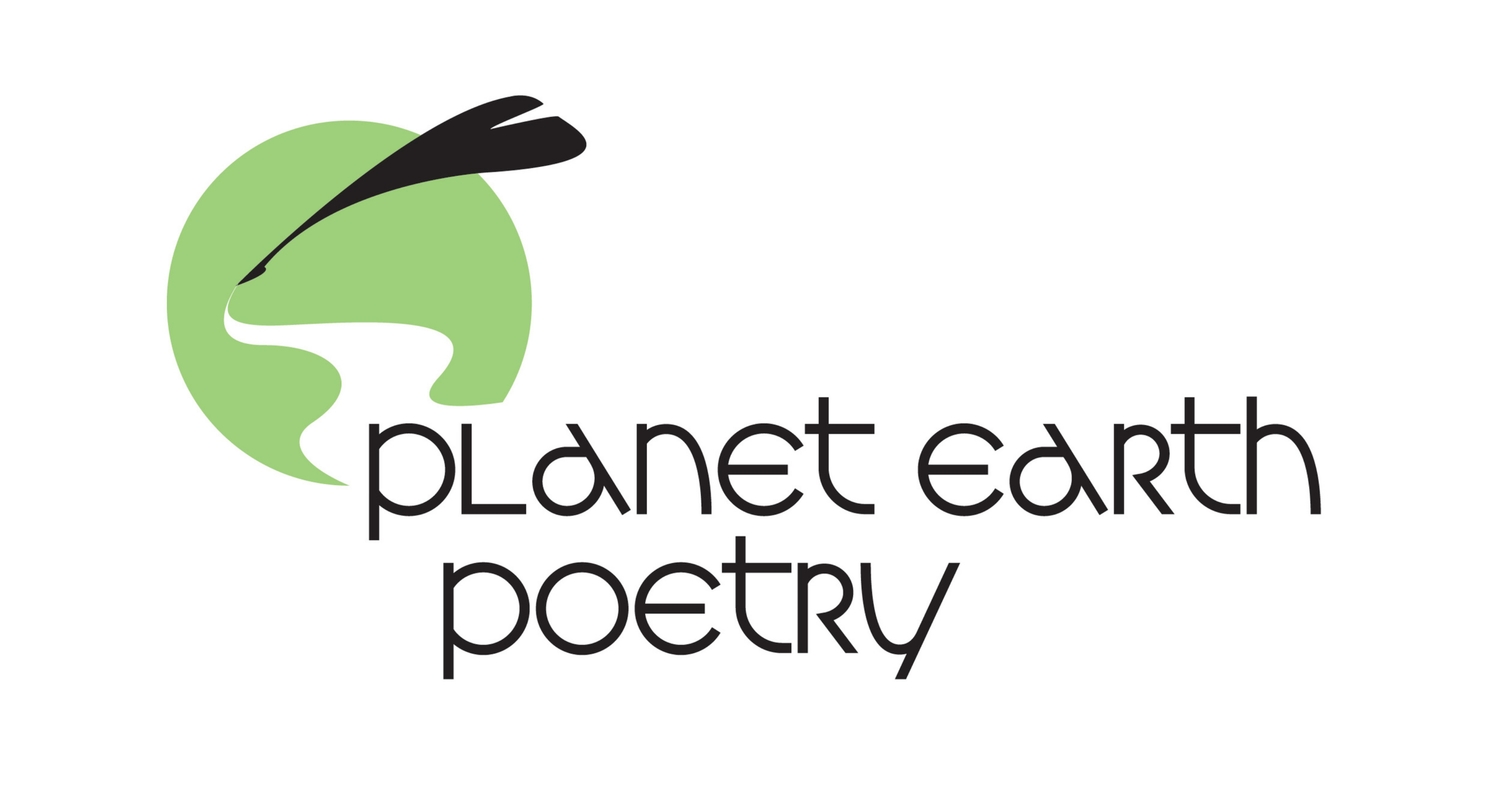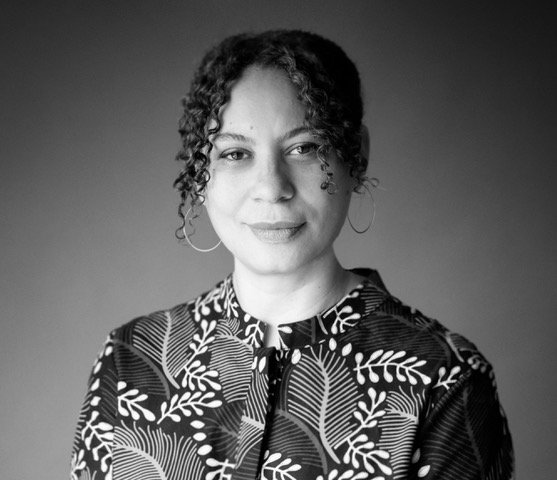REVIEWER: Wendy Donawa is grateful to live on the unceded territory of the Songhees and Esquimalt peoples, and to see the Salish Sea and the Sooke Hills from the window over her desk. Our Bodies’ Unanswered Questions is her second collection.
Poet Wendy Donawa
unpacking the poem:
Regional reviewers focus on regional poems
Reviewer Wendy Donawa unpacks a different poem every month. She examines the poem in a way she hopes is helpful for readers and other poets to understand how craft works in a particular poem, for a particular effect.
february 2024: cecily nicholson
Excerpts pp. 6-8, Harrowings
sufficiently free from the fatigue of this journey*
rounding a corner to The Song of the Lark
the light so familiar I had to sit
for many voices, starts
a moth alit, a rhetorical Du Bois
faltering inches of progress the dawning
as the sundial says to the soil
your auntie up the road just now recalls
to drop quietly in what may be considered
no velvet road*
the slow reaches by wagon over
tracts
the soil losing time and time again to corn
history as decomposition
tillage machinery entangles the surface
aerobic stems with roots in microflora
field against nature—natural anchored in rot
pasturage planting regeneration plots
in tandem with machines
my first job was walking in formation, a child field hand
alert to small rocks frost-heaved the surface
uncompetitive roots with varied depths
of soil nutrients under restorative cover
leaf tansy resists the eager
and unproductive
seedling thugs invasive and exotic
sweet-smelling dandelion, its yellow
a butterfly in milkweed
burdock tea keeps meaning to steep
ovum leaves from our youthful brambles
*Frederick Douglass, “First of August Celebration.”
Poet Cecily Nicholson
Cecily Nicholson: Author of Harrowings
(Talonbooks 2022)
Cecily Nicholson is the author of four books and a past recipient of the Dorothy Livesay Poetry Prize and the Governor General’s Literary Award for Poetry. She is an Assistant Professor in Poetry at the School of Creative Writing, UBC and will be the 2024/2025 Holloway Lecturer in Poetry and Poetics at UC Berkeley. Cecily volunteers with community impacted by food security and her most recent book HARROWINGS considers Black rurality and art history.
Unpacking “Harrowing” by Cecily Nicholson.
How do poets bear witness to past injustices that still resonate in the present? How do they evoke that past, and “write back” against it to offer readers new understandings?
Cecily Nicholson’s Harrowings offers the reader a pattern of fragmentation, then connection. And then fragmentation…
The poetry here is a 3-page fragment (pp. 6-8) excerpted from a 35 page meditative poem that fragments Nicholson’s own childhood memories of life in rural Ontario, and connects them with archival records that document historical Black labour. The title’s doubled meaning rightly predicts both farming implements and historical trauma.
Many such archives reach back to slavery and were used to legitimize the oppressive practices of plantation agriculture that continued after Emancipation. Nicholson’s memories also reach forward into her present-day experiences farming with communities impacted by food insecurity, a decolonizing project with incarcerated and recently released Black workers. Fragmented perceptions throughout the entire poem connect with Black cultural and intellectual history. Fragment, connect: an unsettling rhythm. It is a tension that, as the poet says elsewhere, “makes for complicated dreams.”
Nicholson uses direct historical evidence: Documented letters of the great abolitionist and anti-slavery advocate Frederick Douglass speak of “the fatigue of this journey,” a long difficult trip, “no velvet road” to join Buxton’s Black community to celebrate August first, Emancipation Day. Himself born into slavery, he recalls “my first job was walking in formation, a child field hand/alert to small rocks heaving to the surface.”
Capitalistic practices were profitable for the owners, unsustaining for those who worked the fields, and to the health of the land itself: “the soil losing time and again to corn”/ “history as decomposition”. Large-scale farming for profit was “against nature”, and ignorant of the necessary nurture and knowledge of soil in which life thrives: “uncompetitive roots with varied depths/of soil nutrients under restorative cover”. The poet will later bring in the (literally) ground-breaking work of the great Black agronomist George Washington Carver, whose research into fertility of plant and soil would nurture future generations.
A fragmented structure seems appropriate to the poem’s purpose: a child’s impressions are bound to be piecemeal memories; the recently incarcerated Black workers are piecing together their own fragmented lives; historical records are understood in an entirely different register by the modern post-colonial poet and her readers.
The short fragment discussed here does not do justice to the lyricism of sections that evoke the land’s redemptive possibilities: the child’s memories, the workers’ hopes, the beauty of the natural world: “clover, mustard, and winter rye flowering tells/sun, the morning hours till the soil clung to grasses/sweet switch and June/cultivated squares, the runoff/slide of swill ditches/order around holds the farmstead stamps/in a bird’s eyes/willow—acacia of the endless plains…”(p.9)
Your independent bookstore or library will have copies of Harrowings; find one, and read the whole poem!




